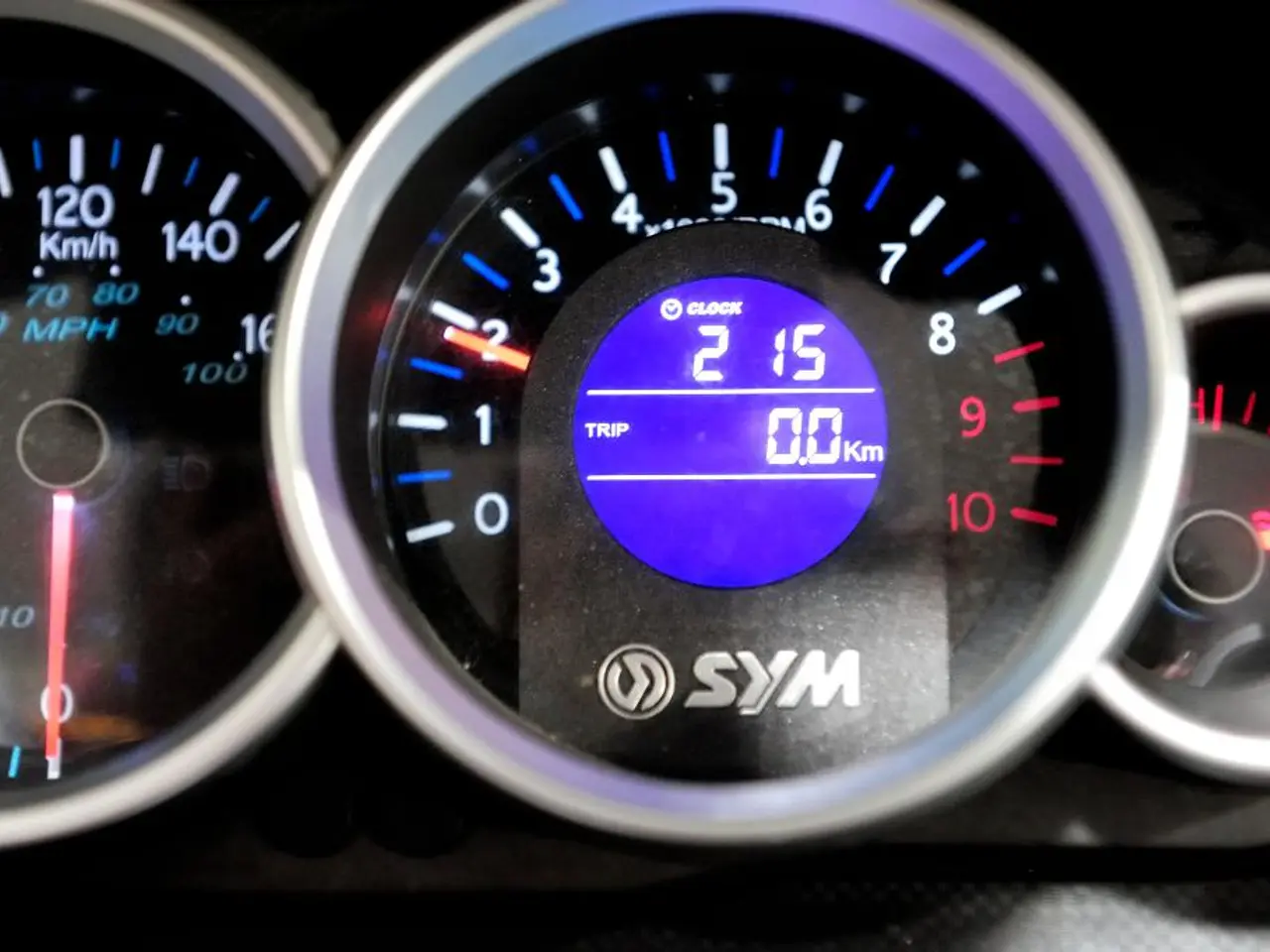Pre-Cholesterol Test Fast: Guidelines and Test Results Details
In the realm of health screenings, cholesterol tests play a crucial role in monitoring the levels of this fat-like substance that is essential for the production of vitamins, hormones, and enzymes. This article will delve into the intricacies of cholesterol testing, including the necessity of fasting before the test and the importance of the results.
A cholesterol test, also known as a lipids panel, measures several different types of cholesterol, including high-density lipoprotein (HDL), low-density lipoprotein (LDL), and triglycerides. The test is a simple blood draw, usually from a vein in the arm, performed by a skilled technician.
Current expert recommendations indicate that fasting before a cholesterol test is generally not necessary for most people. Leading medical groups, such as the European Atherosclerosis Society and the European Federation of Clinical Chemistry and Laboratory Medicine, support the routine use of non-fasting lipid profiles. The levels of total cholesterol, LDL cholesterol, HDL cholesterol, and triglycerides do not significantly differ between fasting and non-fasting states for most individuals.
However, there are exceptions where fasting may still be required. For instance, if a person has high triglycerides, is recovering from pancreatitis, or is starting certain medications that affect triglyceride levels, fasting lipid tests are recommended to ensure accurate measurement.
Regarding LDL cholesterol specifically, studies show that LDL values can vary depending on the fasting duration, with the greatest differences seen within 8-10 hours after eating. Triglycerides are the most sensitive to recent food intake, remaining elevated for 4-6 hours, whereas total cholesterol and non-HDL cholesterol decrease over 8-10 hours. HDL cholesterol remains relatively stable regardless of fasting. If a non-fasting LDL cholesterol result is borderline or near clinical decision thresholds, a subsequent fasting test may be needed for confirmation.
In summary, for routine cholesterol screening, no fasting is needed for most people. Fasting is advised only in specific clinical situations (high triglycerides, pancreatitis, certain medications). If non-fasting results are ambiguous, a fasting test can help clarify the diagnosis.
A low total cholesterol level tends to be better than a higher one. Optimal total cholesterol level is under 200 mg/dl. LDL, or "bad," cholesterol levels vary based on the individual's health. Lower readings are better than higher ones. Optimal LDL level for people with diabetes or heart disease is below 70 mg/dl, while for people with no heart disease and no increased risk for heart disease it is below 100 mg/dl.
If a person's cholesterol levels are high, a doctor may recommend lifestyle changes, such as losing weight or changing their diet, and may prescribe medications, such as statins, to lower cholesterol. High cholesterol levels can increase the risk of health problems such as coronary artery disease, blood clots, angina, heart attack, stroke, peripheral artery disease, and carotid artery disease.
In conclusion, understanding the necessity of fasting before a cholesterol test and the importance of the results can empower individuals to make informed decisions about their health. It is always best to consult with a healthcare professional for personalised advice.
[1] European Atherosclerosis Society (EAS) Guidelines for the Management of Dyslipidaemias. (2019). [2] European Federation of Clinical Chemistry and Laboratory Medicine (EFLM) Position Statement on the Measurement of Lipids in Clinical Chemistry. (2018). [3] Grundy, S. M., et al. (2019). 2019 ACC/AHA Guideline on the Primary Prevention of Cardiovascular Disease. Circulation, 140(8), e596-e638. [4] National Heart, Lung, and Blood Institute. (2020). Your Guide to Lowering Your Cholesterol with TLC. Retrieved from
- The necessity of fasting before a cholesterol test is generally not required for most people, according to recommendations from the European Atherosclerosis Society and the European Federation of Clinical Chemistry and Laboratory Medicine.
- In some specific clinical situations, such as high triglycerides, recovery from pancreatitis, or starting certain medications that affect triglyceride levels, fasting lipid tests are recommended for accurate measurement.
- For regular health-and-wellness checks focused on cardiovascular health, understanding the intricacies of cholesterol testing, including the role of fasting, can empower seinckers to make informed decisions about their personal medical-conditions and seek advice from healthcare professionals.




